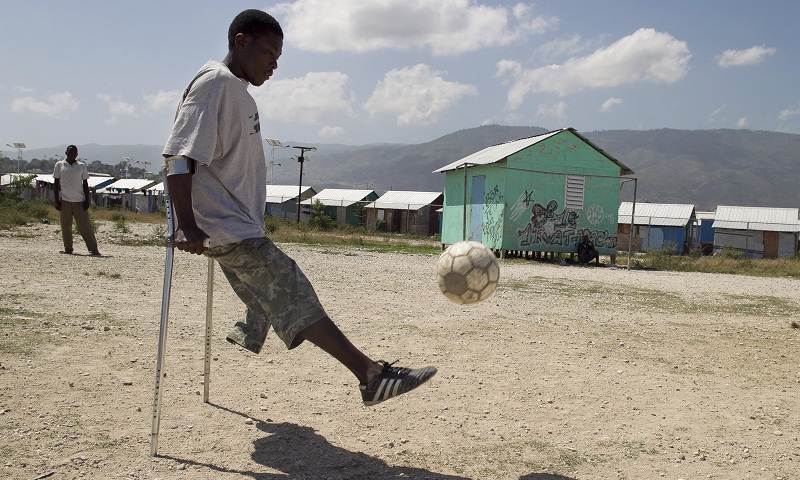
Large, international sporting events have the power to change the way people think and can promote sustainable and inclusive development, particularly for persons with disabilities. Hosting the Paralympic Games is one event that can change the way a city is developed to include accessible infrastructure and inclusive public spaces. The Paralympics can be used as a key driver for sustainable development that leaves no one behind.
A panel of athletes, policymakers and academics discussed how the Paralympic Games are vital for creating inclusive cities and for changing the way that people think about persons with disabilities. The event was held during the 9th Session of the Conference of State Parties (COSP9) to the Committee on the Rights of Persons with Disabilities (CRPD) on 16 June at United Nations Headquarters in New York.
The Paralympics open the door to implementing accessibility. Candidate cities for the games need to consider how athletes and fans can come together to participate in sporting events. With the eyes of the world focused on the host city and visitors coming from all corners of the globe, inclusive infrastructure such as accessible transportation, housing and public spaces and venues need to be built to host the events successfully. Sustainable tourism for Paralympics host cities requires accessible infrastructure, free of barriers for all visitors.
For persons with disabilities, the Olympics and Paralympics are also a way to be visible and in focus, demonstrating their outstanding abilities and talents, proving that they are just as capable as non-disabled athletes. But to bring persons with disabilities together for sports and recreation, countries need to develop the programmes that enable them to play. It takes an active approach by governments in recognising and sponsoring inclusive sports and physical education programmes to drive the change needed for inclusive development. Elite athletes with disabilities need training, support and greater recognition to represent their countries on the world stage.
The event was organised by the Permanent Mission of Australia to the UN and the Federal Government of Germany’s Commissioner for Persons with Disabilities.
For more information (in German), please click here.
To learn more about our work on Persons with Disabilities, please visit un.org/disabilities
Source & Copyright: UNDESA
 Welcome to the United Nations
Welcome to the United Nations